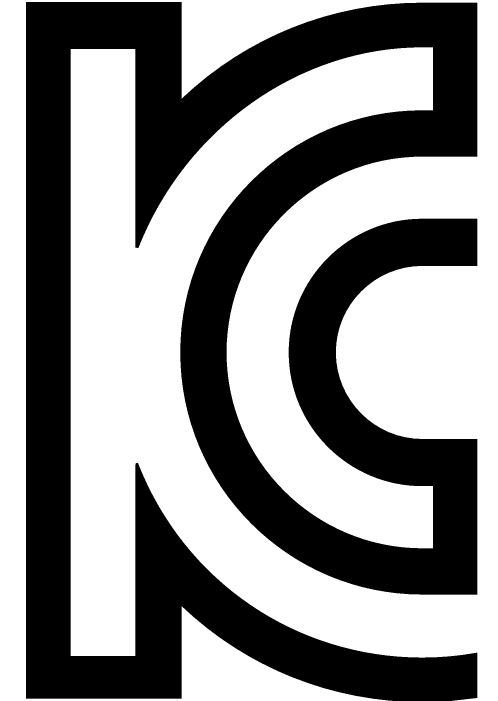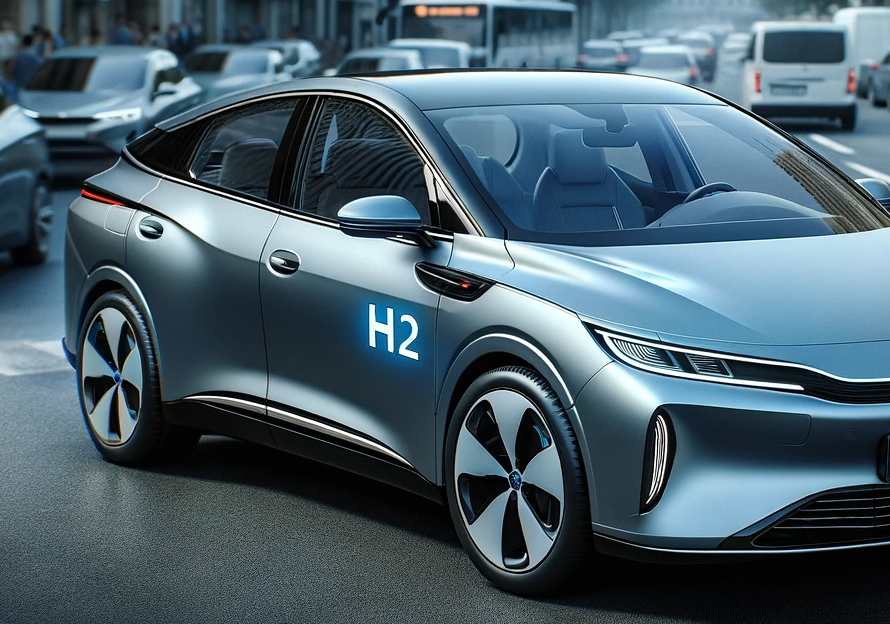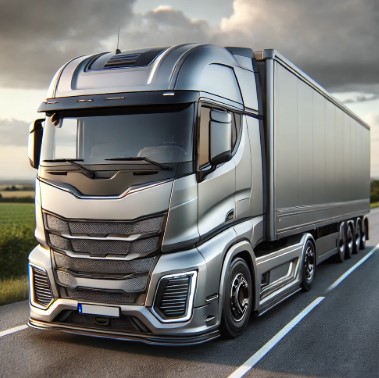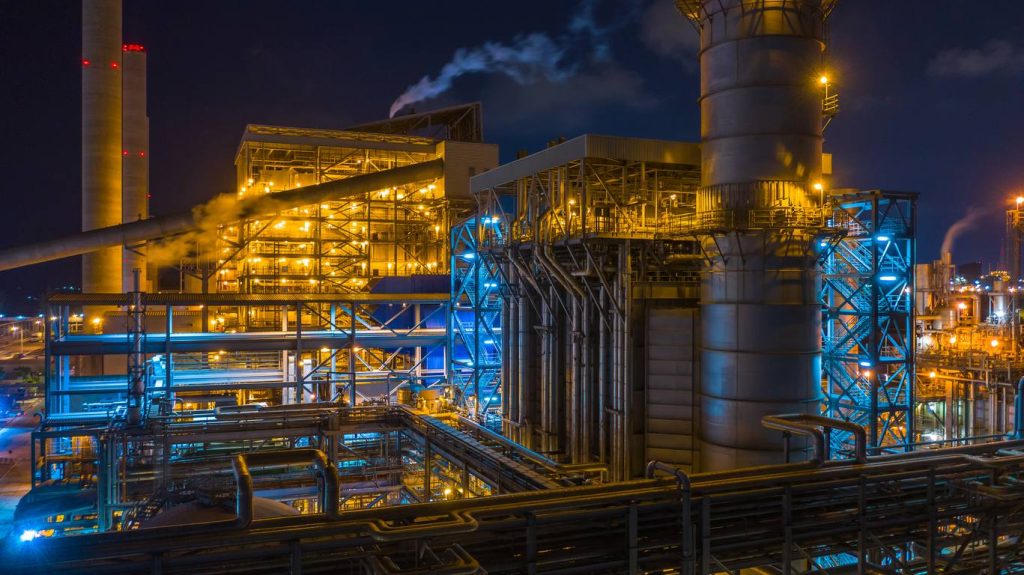Korea to Strengthen Product Safety Oversight and Recall Measures in 2025
The Korean Agency for Technology and Standards (KATS), operating under the Ministry of Trade, Industry, and Energy, has announced comprehensive enhancements to its product safety inspection strategy for 2025. The revised plan includes a significant expansion in monitoring both overseas direct purchases and domestic markets. Inspections of imported online purchases will more than double from 450 to 1,000 items, with a focus on blocking hazardous goods from entering Korea. E-commerce platforms will be mandated to delist unsafe items. Domestically, 4,700 products—particularly those with high safety risks like children’s items and electrical appliances—will undergo scrutiny. Collaboration efforts will also intensify, with coordinated crackdowns involving the police and local authorities increasing in frequency and regional reach. Products covered under this initiative usually require KC certification under Korea’s safety and quality standards in order to be approved for import and sale in Korea.

The inspection campaign is structured into multiple phases, spanning April to November, with seasonal and high-risk products receiving prioritized attention. Over 70% of inspections will target e-commerce platforms. Additionally, enforcement against uncertified or illegal goods such as non-KC-marked electric scooters and bicycles will be ramped up through joint efforts with 24 local governments and police operations. Public participation is also emphasized, with over 150 consumer watchdogs and 20 online platforms involved in surveillance. Recall management will be reinforced through direct consumer notifications by eight major platforms and enhanced tracking in retail stores supported by 870 million KRW in funding. Educational initiatives will further amplify consumer awareness via digital media and in-store kiosks.
Feel free to contact us any time if you need assistance or have any questions regarding Korean certifications like KC, KC EMC, KCs, KCs for explosion safety products or KGS factory registration.
Tel. Europe: +49-69-271 37 69 259
Tel. US: +1 773 654-2673
Email: info@korea-certification.com
For more information you can download our free brochure “Korea Certification Made Easy – The Booklet“.
Hyundai and Kolon partner to advance Hydrogen Components for Future Mobility
Kolon Group and Hyundai Motor Co. have formed a strategic alliance to accelerate the development of hydrogen-based energy technologies, particularly components like pressure vessels. Through this collaboration, Hyundai has invested 20 billion won in Kolon Spaceworks, a subsidiary specializing in hydrogen mobility and composite materials. Kolon Spaceworks recently achieved international certification for a 54-liter hydrogen fuel tank, which strengthens its position in the high-pressure container market. This milestone allows the company to compete globally by validating its production capabilities. Certain components which are used for Hydrogen based energy technology, such as pressure vessels usually require KGS factory registration in order to be approved for import and sale in Korea.

Hyundai Motor Group’s participation includes the purchase of over 1 million new shares in Kolon Spaceworks, split between Hyundai and Kia at 12 billion and 8 billion won, respectively. The collaboration aims to leverage Kolon’s expertise in durable, heat-resistant materials—originally developed for aerospace and defense—for use in automotive applications such as hydrogen storage and battery protection. These developments support South Korea’s broader hydrogen economy initiative and reflect Hyundai’s significant commitment to sustainable transportation, including a domestic investment of 24.3 trillion won in technologies like electrification and hydrogen systems.
Feel free to contact us any time if you need assistance or have any questions regarding Korean certifications like KC, KC EMC, KCs, KCs for explosion safety products or KGS factory registration.
Tel. Europe: +49-69-271 37 69 259
Tel. US: +1 773 654-2673
Email: info@korea-certification.com
For more information you can download our free brochure “Korea Certification Made Easy – The Booklet“.
New KGS Standard for Hydrogen Vehicle Composite Cylinders finalized
At the end of March, the Gas Technology Standards Committee held its 162nd meeting and approved some amendments for the finalization of the new KGS AC421 standard for compressed hydrogen composite cylinders used in vehicles. This new standard is part of Korea’s ongoing efforts to enhance the safety and performance of high-pressure hydrogen storage solutions. Pressure Vessels usually require KGS factory registration to be approved for import and sales on the Korean market.

The newly drafted KGS AC421 establishes comprehensive requirements for the manufacturing, design, materials, structure, heat treatment, performance testing, and labeling of composite hydrogen cylinders intended for use in transportation.
One of the major changes concerns the cylinder design life. The wording was revised from “15 years or less” to a “minimum of 15 years” to align design specifications with the legal operational limits. This ensures a consistent approach between cylinder design and usage throughout their service life.
Furthermore, foreign certification recognition criteria were clarified under KGS AC421. Specific accepted foreign standards and inspection bodies, such as ANSI (USA) and ECE (Europe), are now clearly listed. This provides better transparency and allows for the recognition of foreign-manufactured cylinders without requiring additional inspections.
The manufacturing facility requirements have also been updated. The requirements for heat treatment furnaces were revised to match the criteria already defined in KGS AC411 for aluminum liner composite cylinders. Furnaces must now be designed to limit internal temperature variations to within 25°C and must be equipped with automatic temperature recording devices to ensure precise heat treatment control.
Testing procedures have been strengthened. The material used in environmental and pressure tests must now be strictly a “liquid” rather than a general “fluid,” eliminating ambiguity regarding the test medium in low-temperature environments. Additionally, KGS AC421 introduces new hydrogen compatibility testing requirements for metallic liners. These tests, based on ASTM G142, verify the suitability of materials under high-pressure hydrogen environments. The acceptance criteria have been harmonized with those found in KGS AC111, ensuring consistent performance expectations across standards.
Inspection requirements were also expanded. In this latest version, external appearance inspections have been introduced, and the sampling methods for dimensional checks, liner tensile and impact tests, protective coating adhesion, and burst tests have been clearly defined. These enhancements strengthen the quality control process during production and improve overall product reliability.
The committee concluded the meeting by approving all remaining amendments to the detailed standards. A timeframe for the formal implementation of the new KGS code KGS AC421 has yet to be officially announced.
Feel free to contact us any time if you need assistance or have any questions regarding Korean certifications like KC, KC EMC, KCs, KCs for explosion safety products or KGS factory registration.
Tel. Europe: +49-69-271 37 69 259
Tel. US: +1 773 654-2673
Email: info@korea-certification.com
For more information you can download our free brochure “Korea Certification Made Easy – The Booklet“.
Joint SAF Plant Construction to Strengthen Korea’s Petrochemical Capabilities
South Korea’s four leading oil refining companies—SK Innovation Co., GS Caltex Corp., S-Oil Corp., and HD Hyundai Oilbank Co.—are planning to jointly construct a sustainable aviation fuel (SAF) plant at one of the country’s four major petrochemical industrial complexes. The project will be carried out and operated by a newly established special purpose company. According to industry sources, the proposed locations include Ulsan (South Gyeongsang Province), Yeosu (South Jeolla Province), and Seosan and Daesan (both in South Chungcheong Province). The South Korean government is currently reviewing the possibility of providing subsidies and tax incentives to support the initiative. Pressure vessels and pressure equipment used in petrochemical complexes usually require KGS certification in order to be approved for import and sale in Korea.

The planned SAF facility is expected to cost over 1 trillion won (approximately USD 700 million) based on a processing capacity of 250,000 tons. While current SAF yields among the participating refiners remain below 10%, the new facility is projected to convert 60–80% of bio-based feedstock into sustainable aviation fuel. With the exception of SK Innovation—which in 2023 completed the country’s first dedicated SAF production line and became the first Korean company to export SAF to Europe—this will be the first such facility for the other refiners. The investment comes in response to growing international regulations, including the EU’s requirement for 2% SAF by 2025 and 70% by 2050. South Korea plans to mandate a 1% SAF blend starting in 2027.
Feel free to contact us any time if you need assistance or have any questions regarding Korean certifications like KC, KC EMC, KCs, KCs for explosion safety products or KGS factory registration.
Tel. Europe: +49-69-271 37 69 259
Tel. US: +1 773 654-2673
Email: info@korea-certification.com
For more information you can download our free brochure “Korea Certification Made Easy – The Booklet“.



